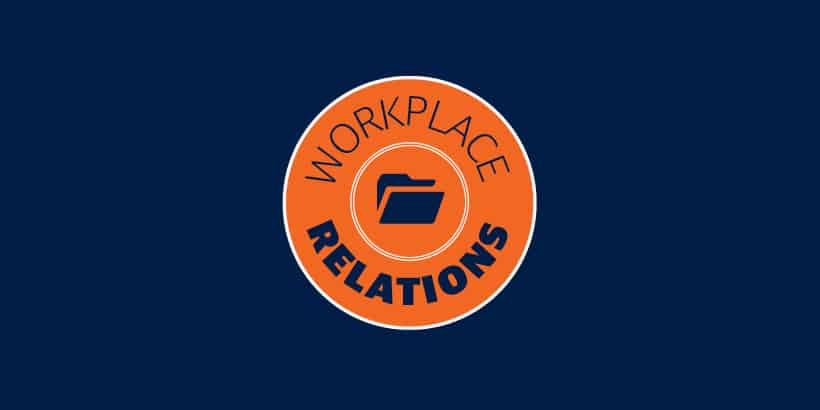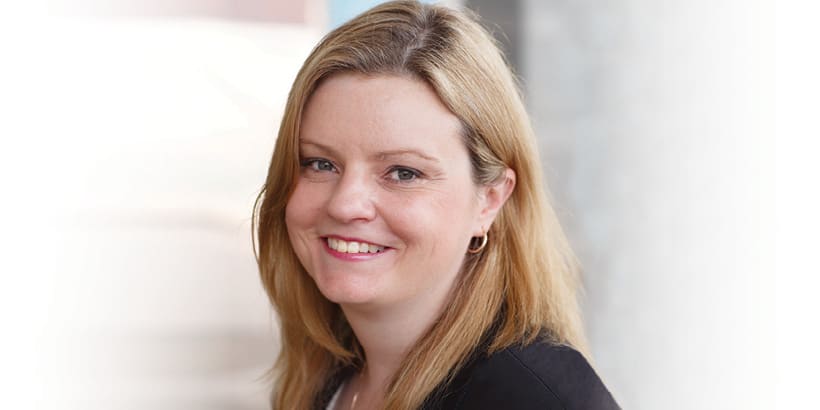
Supporting you with Workplace Relations
July 14, 2020
Navigating Training and Employment
July 14, 2020DOCTORS-IN-TRAINING
Working away from established supports can affect your health and wellbeing and heighten risks at work.
MANY YEARS of working with doctors and assisting them through employment and Medical Council processes highlights for me the importance of making, looking after, and maintaining professional and personal connections during a doctor’s medical career. Frequently, it is doctors who experience professional and / or social isolation of varying degrees who may get into difficulty at work. Being able to recognise when you need support is as important as knowing where to find it.
Working away from established support networks of family, friends and trusted colleagues is difficult and may accentuate and add to the stresses of work. This is often the case for doctors-in-training. Many training networks suspended term two rotations this year due to COVID-19, at a time when many were acutely feeling the distance from family and friends.
Regardless of whether a trainee is on rotation from a metropolitan hospital to a regional hospital, or a regional hospital to a metropolitan hospital, the stresses experienced are the same. Rotating from a regional hospital to a metropolitan hospital may be just as difficult as going on rotation to a regional hospital.
It is always important for trainees to look after their wellbeing, but particularly so when away from usual supports.
The Medical Board of Australia’s Good Medical Practice: A Code of Conduct for Doctors in Australia provides that good medical practice involves, inter alia:
- having a general practitioner;
- seeking independent, objective advice when you need medical care and being aware of the risks of self-diagnosis and self-treatment;
- being aware of the doctors’ health program in your State;
- and, if you suspect you have a health condition or impairment that could adversely affect your judgement, performance, or your patient’s health, not relying on your own risk assessment of the risk you may pose to patients. Instead, you should consult with your doctors about whether, and in what ways, you may need to modify your practice, and following your doctor’s advice.
Recent changes to mandatory notification requirements for treating practitioners were made to ensure doctors do seek treatment from their general practitioner and other medical and healthcare professionals. Treating practitioners are required to make
a notification about a doctor about whom they form a reasonable belief is practising with an impairment and placing the public at substantial risk of harm. This is a high threshold.
It is important for all doctors to appreciate that being unwell does not mean the practitioner is suffering from a health condition. If the practitioner is suffering from an impairment that is effectively controlled and therefore does not place members of the public at significant risk of harm there is no obligation to notify.
While COVID-19 has been, and continues to be, difficult in so many ways, it has provided the impetus for telemedicine to become more widely employed. This benefits doctors who may be working away from home by allowing them to maintain relationships with treating practitioners.
If you do not have a general practitioner or are seeking a general practitioner in the area where you are currently working, AMA (NSW)’s Doctors for Colleagues is a list of general practitioners across NSW happy to take on doctors as patients.
The NSW/ACT Doctors’ Health Advisory Service offers a telephone help line that provides confidential advice to doctors who are experiencing stress, mental illness, drug
and alcohol problems, personal and / or financial difficulties. There is also the Drs4Drs helpline which is a national confidential help line.
The AMA (NSW) Workplace Relations Team is here to help and can provide you with industrial and medico-legal help and support and to assist you find the professional care and support you need.
Contact the Workplace Relations Team on dit@amansw.com.au
Contributed by Dominique Egan, Director of Workplace Relations, AMA (NSW)

